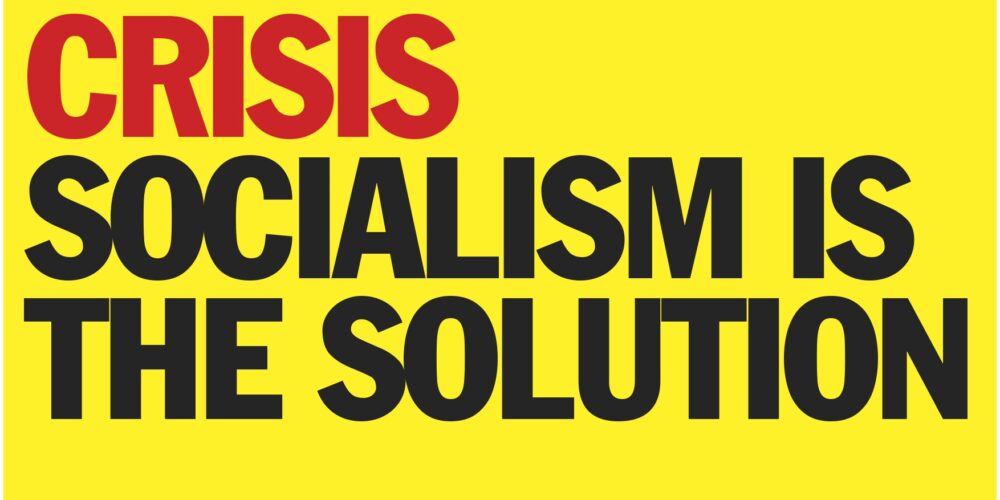On 24 September there was a massive turn-out in Dublin to protest against the increase in the cost of living. More than 20,000 people took to the streets—and it could have been higher except for traffic hold-ups in Kildare, which resulted in delays of more than four hours for those coming from the south.
The protest was fuelled by the anger in working-class communities against the increase in the cost of energy, food, clothes and accommodation and the genuine fear for their future. It is part of a wave of protest that is building throughout the capitalist world, as inflation means real cuts in wages at a time of increasing profits for the capitalist class.
In Britain this has manifested itself in the most widespread strike movement in decades, led by class-conscious union leaders. (Although, because of the malign influence of monarchy on British society, the strikes were suspended during the period of mourning for Elizabeth Windsor.)
As the organisers of the September and future protests are a broad coalition, which includes socialist and non-socialist organisations and individuals, there was little unanimity in their demands, other than price controls and calls for taxation on the super-profits of the energy companies. This is reflected in working-class communities, where the rising cost of living is a main talking-point—coming, as it does, on top of more than a decade of “austerity,” a housing crisis, and a crisis in the health service.
Working-class communities are acutely aware that it is they who will bear the brunt of the pain and suffering as inflation continues to surge, as is the norm in capitalist society.
In their search for solutions to the crisis they look to the electoral process, primarily Sinn Féin and the small left parties, while many still have faith in Fianna Fáil or Fine Gael and believe—as the Government and the media maintain—that the Russian invasion of Ukraine is the cause, ignoring the fact that prices have been rising since last year.
As the CPI maintains, it is not a cost-of-living crisis: it is a cost-of-capitalism crisis, this being just the latest manifestation of that crisis. And without a clear understanding of the cause of the crisis it is impossible to find a solution.
The capitalist drive for profits is the cause of the increase in the price of energy. The United States, the EU and Britain have no problem diverting billions, which could feed, house, educate and improve the health of every person in the world today, to weapons of war, guaranteeing bigger profits for already wealthy shareholders.
The left must use this opportunity to advance the cause of the working class. We must inject class politics into the campaigns against the cost of living. Any solution to the present crisis that does not advance the interests of the working class and move towards socialism can be only a temporary respite.
We must help build a movement from the bottom up by campaigning for socialism in our communities, our work-places, our schools and colleges. Any such movement must be led by a class-conscious working class and not by professional politicians who see it as a vehicle to a Dáil seat.
Socialism is the only alternative to the increasing misery of capitalism, with war, hunger, poverty and the complete destruction of the environment the only future capitalism has on offer.






